
|
May, 2013
|
ISO31000: ISO 31000 Principles and Management [IVC-R32]
Lecturer: Aleksandar S. Jovanovic
May 20, 2013 | 252.1 €
The course covers the International Standard of ISO 31000:2009 highlighting the relationship between the risk management principles, framework and process as described in this International Standard. The course also highlights issues related to the applicability of the standard in industry and in general.
|

|
|
IRP: Industrial Risk Psychology [VE-R38]
Lecturer: George Claudiu Apostol
May 13 - 17, 2013 | 500 €
Industrial Risk Psychology is the scientific study of employees, workplaces, and organizational risks. Industrial Risk Psychology (IRP) contributes to an organization's success by improving the performance and well-being of its people and technological process. An IRP psychologist researches and identifies how risks can improve behaviors and attitudes by using risks through hiring practices, training programs, and feedback systems. IRP psychologists also help organizations' transition among periods of change and development.
|

|
|
VA&PA: Vulnerability Analysis and Return on Prevention Analysis [VE-R37]
Lecturer: Stefan Kovacs
May 6 - 10, 2013 | 500 €
Vulnerability Analysis is a prerequisite to a risk assessment. Coupled with return on prevention analysis it could serve as an essential step in risk management and future scenarios development, giving managers and risk specialists a powerful decision assisting tool. This course aims to build up competences regarding vulnerability analysis in industry based on the current best practice in EU, as well as to provide basic knowledge regarding Return on Prevention Vulnerability analysis. Return on Prevention assessment gives the efficiency of the money and resources invested. The course presents the latest methodologies and instruments and also the latest stage of art.
|
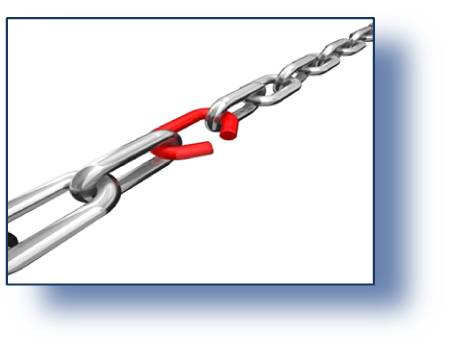
|
April, 2013
|
DAA: Decision Aid Approaches for Risk Management [VF-R39]
Lecturer: Chabane Mazri
April 22 - 26, 2013
Decision making is a process where multiple factors interact to shape the final outcome. Those factors can be technical, informational, emotional/psychological, cultural… Nevertheless, the limited rationality of economic operators makes the decision exercise more and more difficult in a more and more complex world. Safety management requires short, mid and long term decisions that may highly influence the ability of the organization to cope with its risks.
|
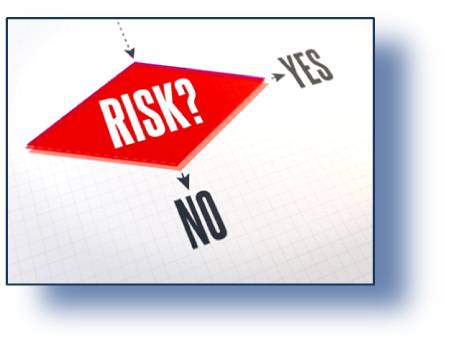
|
|
TRA: Transportation Risk Assessment [VD-R35]
Lecturers: Giacomo Antonioni, Gabriele Landucci, Giuseppe Maschio
April 15 - 19, 2013 | 500 €
The aim of the course is the introduction to transportation risk analysis. The risk assessment of road, rail and pipeline transportation of hazardous substances will be illustrated. The approaches to frequency calculation, consequence assessment and risk assessment will be discussed. Case-studies will be analyzed to illustrate the calculation and the use of individual, societal and other advanced risk indexes.
|
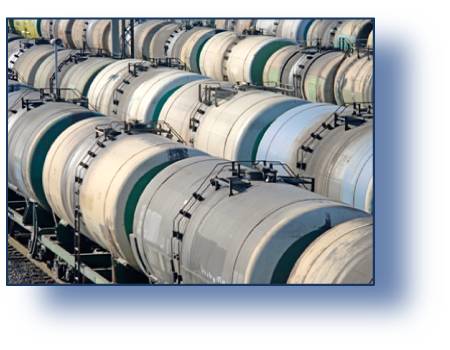
|
|
QRA&A: Quantitative Risk Assessment and Advanced Applications [VD-R26]
Lecturers: Valerio Cozzani, Ernesto Salzano, Alessandro Tugnoli
April 8 - 12, 2013 | 420.17 € | 3 CPs
The course presents an introduction to Quantitative Risk Analysis, thus illustrating the necessary steps for the calculation of risk indexes.
Practical approach to frequency calculation and consequence assessment, including vulnerability models, will be discussed. A specific focus on domino effect and accidents triggered by Natural-Technological (Na-Tech) events will be presented.
|
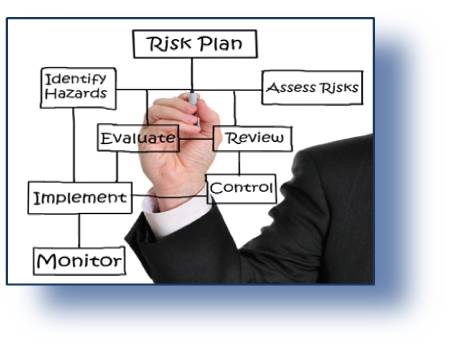
|
March, 2013
|
RP&C: Risk Perception and Risk Communication [VC-R34]
Lecturer: Britt-Marie Drottz Sjöberg
March 4 - 8, 2013 | 1500 €
This course presents theoretical backgrounds and state-of-the-art research issues on perception and communication of risk. It aims to provide a solid basis for further developments of such work tasks by including theoretical achievements in the related fields, various examples from field work, and an internal training exercise. The understanding of communication processes and the improving of information and communication techniques related to risk and hazards are central themes of the course. The course will also provide insight into selected historical aspects as well as current topics and literature.
In order to facilitate the bridge between theory and practice, a special attention will be given to two methodologies that enable the implementation of Risk Perception and Risk Communication concepts: The Delphi and the Focus Group. Beyond their description, this unit will be complemented with exercises based on experience of Focus & Delphi group work.
|
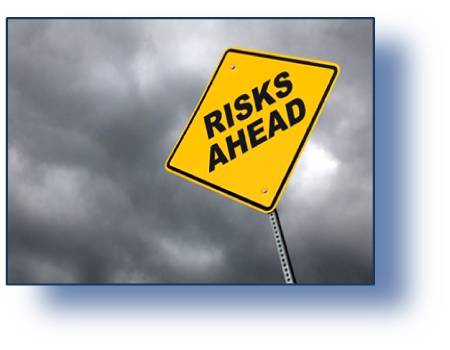
|
February, 2013
|
FIRE: Fire Protection [IIIB-R08]
Lecturer: Ulrich Krause
February 18 - 22, 2013 | 500 €
The course starts with the theory of fire and extinguishment, and thoroughly explains fire protection principles. Further, the course gives details related to the fire protection concepts including legal background and requirements with special focus on industrial fires and risk analysis. The course introduces basic principles and application of fire modeling, explains the phenomenon of a fire and gives an overview of the fire models and their hierarchy and discusses particular models, including numerical. The theoretical part is complemented with number of examples, including calculations, that illustrate the use of different fire models.
|
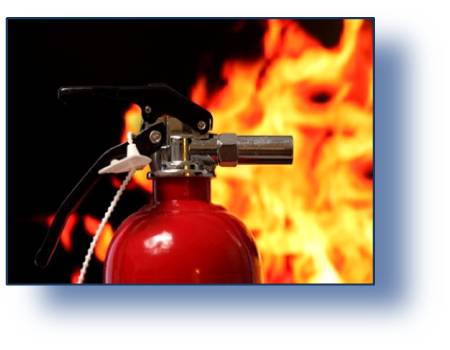
|
|
S&RA: Safety and Reliability Analysis [VC-R21]
Lecturer: Jørn Vatn
February 4 - 8, 2013 | 1500 €
This course presents the basic theory for safety and reliability analysis. The starting point is definition and discussion of basic concepts related to reliability and risk analysis. Then qualitative techniques like functional analysis, FMECA and identification and evaluation of faults and hazards are introduced. The next step is to introduce familiar quantification techniques like reliability block diagrams, fault- and event tree analysis, and Markov methods. Special attention is paid to safety-critical systems (IEC 61508) where analysis of systems with common cause failures is important. The course ends with methods for estimation of failure rates and a survey of reliability data sources.
|
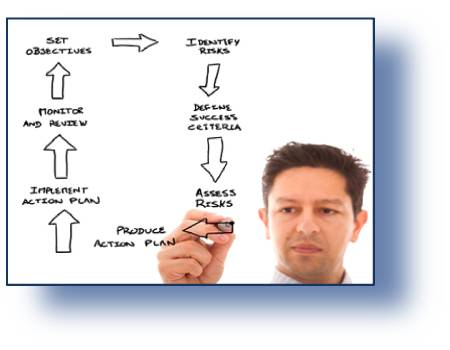
|
January, 2013
|
iCSR&S: Integrated Corporate Social Responsibility and Sustainability [IVA-R14]
Lecturer: Aleksandar, S. Jovanovic
January 17 - 19, 2013 | 500 €
The course presents basic elements of the concept of Corporate (Social) Responsibility (CSR) and its practical application in industry. It starts with key elements of the CSR, focuses on CSR methodologies and tools and on the technology related aspects as a part of the modern practices of industry (HSE, HSSE). Analysis/comparison of the practices in the EU, US and other countries and relevant data and information on best practices worldwide are elaborated, including a number of relevant case studies from the key industries and references to main sources of relevant
data and information. A particular unit of the course is dedicated to the ISO 26000 standard.
|

|
|
HSSE: Health, Safety, Security and Environment [IIIA-R06]
Lecturer: Olivier Salvi
January 14 - 17, 2013 | 500 €
The course gives an overview of EU regulation in the field of HSSE (Health, Safety, Security and Environment), explains the objectives and requirements, as well as the state-of-the art in the implementation including constraints and advantages. Special focus is on the Integrated Pollution Prevention and Control (IPPC) and Industrial Emission Directive (IED) and on the prevention of major accidents (Seveso).
|

|
September, 2012
|
PETRO: Risk Analysis in Petrochemical Industry [I-R02]
Lecturer: Giovanni Uguccioni
September 24 - 28, 2012 | 500 €
The petroleum industry is changing rapidly, challenging organizations and individuals to keep pace and distinguish opportunity from understanding, assessing and managing risk.
This course presents current global and regional issues of risk analysis in petrochemical industries.
Topics include risk aspects and methods for hazard identification, probability and consequences analysis, risk assessment, and health, safety and environment issues related to petrochemical industries.
|
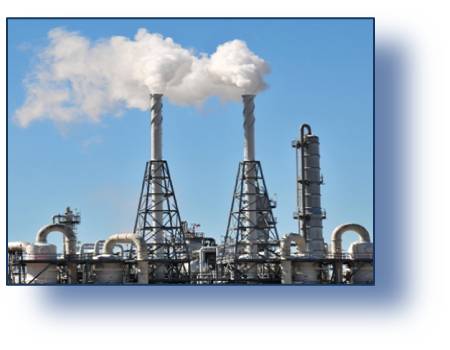
|
August, 2012
|
PubHealth: Public Health Oriented Risk Analysis [VA-R27]
Lecturer: Aleksandar, S. Jovanovic
August 15, 2012
The course covers the main topics of health oriented risk analysis with different aspects of risks and terminology used in the field. The main part of the course is dedicated to the related actions used in overall analysis (assessment, perception, communication etc.). Furthermore, the course is illustrated by a number of examples, presents commonly used methods, in particular the issues like (1) Basics of Risk: Analysis, Assessment and Management, (2) Risk Analysis in Perspective (Measures of Risk), (3) Dose-Response Functions, (4) Risk Perception and Communication, (5) Variability and Uncertainty, (6) Cumulative Risk Assessment, (7) Risk Assessment, Management and Law and (8) Application to Public Health- WHO Methodology.
|

|
July, 2012
|
LCA: Life Cycle Analysis and Assessment [IVB-R16]
Lecturer: Leo Breedveld
July 23 - 27, 2012 | 500 €
The course gives the participants opportunity to improve the knowledge about the Life Cycle Assessment (LCA) and to gain the skills to perform simplified LCA studies and to analyze, discuss and comment international scientific articles on LCA.
The course provides a comprehensive overview of the Life Cycle Assessment (LCA), Life Cycle Costing (LCC), International Reference Life Cycle Data System (ILCD) and European Reference Life Cycle Data System (ELCD). The focus will be on practical examples of applying LCA in industry and improving the environmental performance and sustainability of products and services.
|

|
May, 2012
|
INTRO: Introduction to Risk Management [I-R01]
Lecturer: Marko Gerbec
May 2 - 5, 2012 | 500 €
The course covers the main topics of industrial safety, starting with different aspects of risks and terminology used in the field. The main part of the course is dedicated to the related EU directives and their application in industry. The course outlines goals, scope and required measures / obligations considering acute (e.g. accidents-related) and chronic (e.g. pollution-related) risks. Special attention is devoted to major accident prevention and related process safety risk assessment methodologies.
|
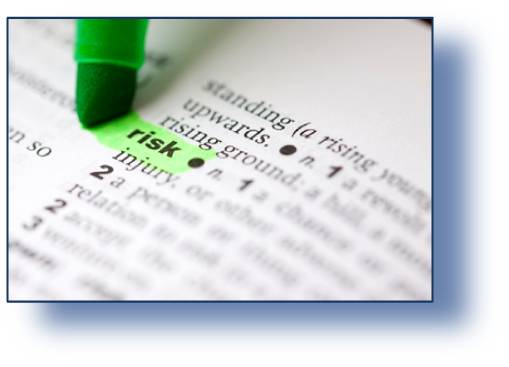
|
March, 2012
|
RBI-PETRO: Risk Based Inspection - Petro [II-R04a]
Lecturers: Daniel Baloš, Rik De Bosscher, Michael Renner
March 27 - 30, 2012
The course elaborates on risk issues in petrochemical industries and explains principles of risk-based inspection. It deals with existing risk-based approaches and gives links to applied codes and standards. The focus of the course is on main reference documents of American Petroleum Institute: Recommended Practice for Risk-Based Inspection (API RP 580) and Base Resource Document on RBI (API Publication 581) API 581.
|

|
December, 2011
|
INTRO: Introduction to Risk Management [I-R01]
Lecturers: Marko Gerbec, Aleksandar, S. Jovanovic, Ortwin Renn
December 12 - 16, 2011 | 500 €
The course covers the main topics of industrial safety, starting with different aspects of risks and terminology used in the field. The main part of the course is dedicated to the related EU directives and their application in industry. The course outlines goals, scope and required measures / obligations considering acute (e.g. accidents-related) and chronic (e.g. pollution-related) risks. Special attention is devoted to major accident prevention and related process safety risk assessment methodologies.
|

|
|
|